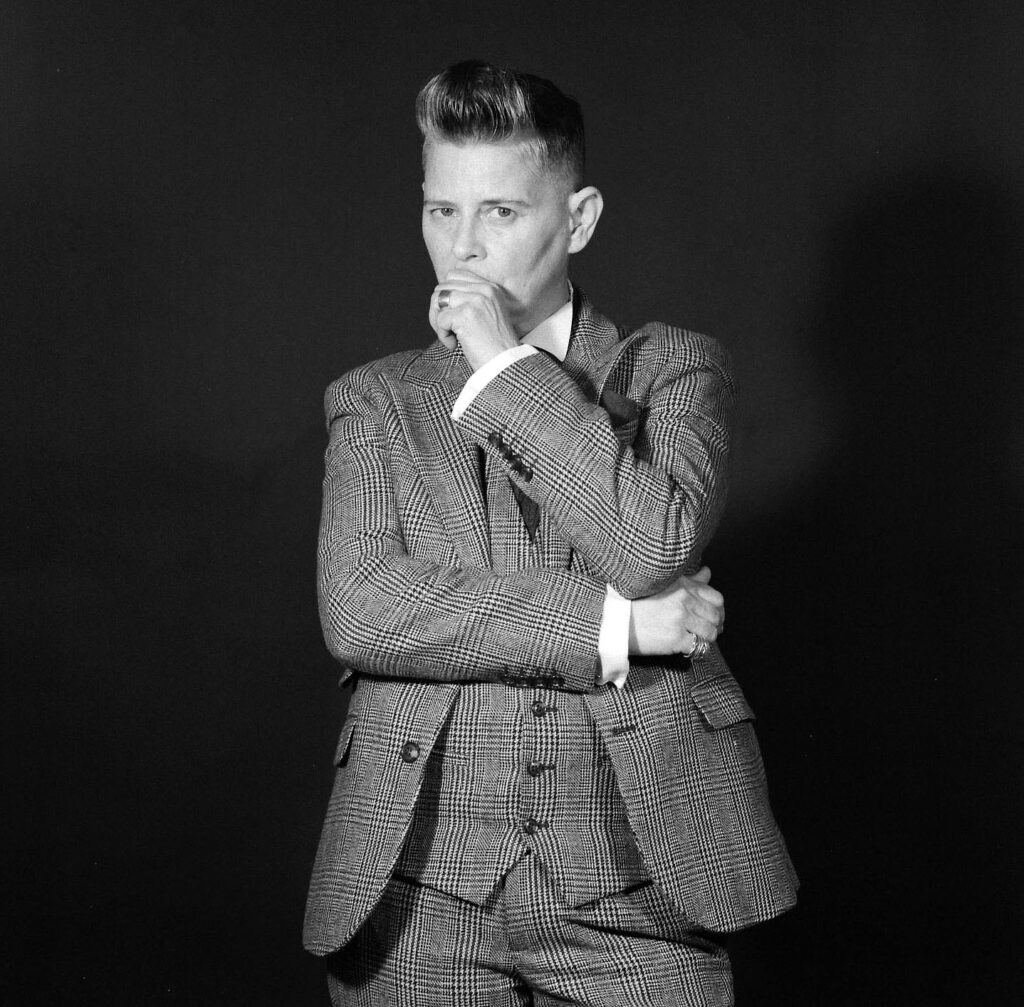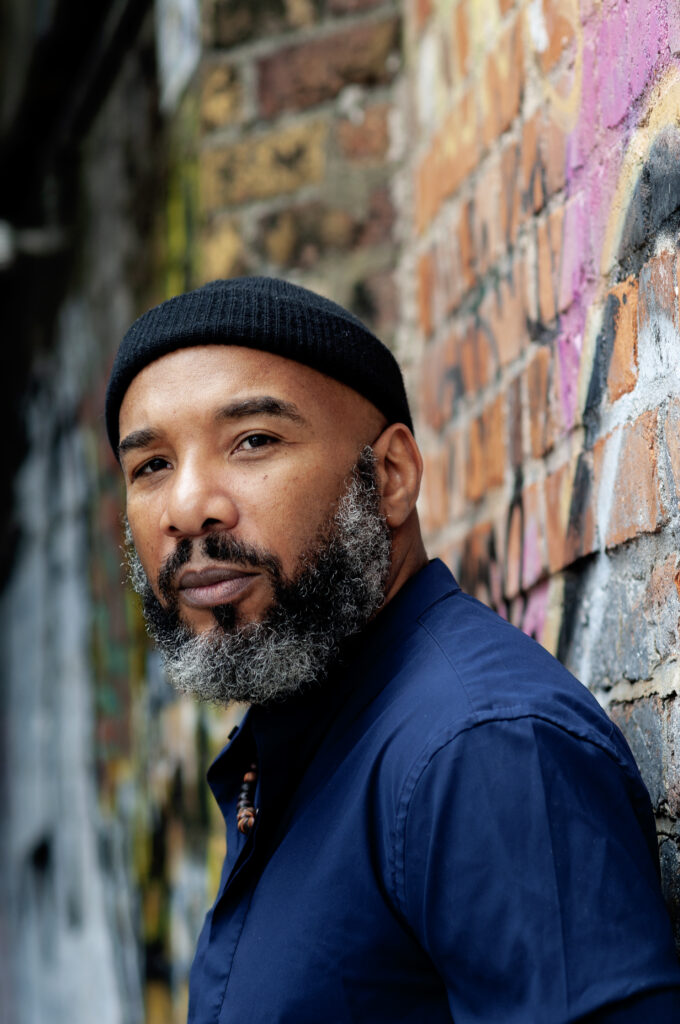Joelle Taylor
Joelle Taylor is the author of 4 collections of poetry and a novel. Her most recent collection C+NTO & Othered Poems won the 2021 T.S Eliot Prize and was the subject of a Radio 4 arts documentary Butch. C+NTO was nominated for the Rathbone Folio Prize, longlisted for the Ondaatje Prize, and won 2022 the Polari Book Prize. It was named by The Telegraph, the New Statesman, The Guardian, The White Review & Times Literary Supplement as one of the best poetry books of the year, as well as DIVA magazine’s Book of the Month, and awarded 5 stars by the Morning Star. She has completed a book tour of Australia including Sydney Opera House (March 2022). C+NTO is currently being adapted for theatre with a view to touring. A former UK SLAM Champion she founded the national youth poetry slams SLAMbassadors through the Poetry Society in 2001, remaining its Artistic Director until 2018. She is a co-curator and host of Out-Spoken Live, resident at the Southbank Centre, and an
editor at Out-Spoken Press. She is also completing her memoirs for publication in 2024, and her novel of interconnecting stories The Night Alphabet will be published by Quercus in Spring of that year. She is a Fellow of the Royal Society of Literature, and the 2022 Saboteur Spoken Word Artist of the Year.
www.joelletaylor.co.uk

Abstract for the keynote lecture “Transgenre”
When is a poem a novel, when is it a play, or an opera, or a film sequence. When is it all these things?
This keynote speech will address the idea of fluidity and mutability within writing, and how the poetics of performance support radical explorations into form and subject. It will think about crossing the borders that divide genres. What happens when a poetry collection becomes memoir, or a long narrative? What happens when half the narrative is told by the body in performance.? It will think about the embodiment of poetry as its own language
The keynote speech also features a 15-minute performance from C+NTO & Othered Poems to end, and an opportunity for questions from the audience.
Dr. Anthony Joseph
Dr Anthony Joseph is an award winning Trinidad-born poet, novelist, academic and musician. He is the author of five poetry collections and three novels. His 2018 novel Kitch: A Fictional Biography of a Calypso Icon was shortlisted for the Republic of Consciousness Prize, the Royal Society of Literature’s Encore Award, and long listed for the OCM Bocas Prize for Caribbean Literature. His most recent fiction is the experimental novel The Frequency of Magic. In 2019, he was awarded a Jerwood Compton Poetry Fellowship. As a musician, he has released eight critically acclaimed albums, and in 2020 received a Paul Hamblyn Foundation Composers Award. He is a Lecturer in Creative Writing at Kings College, London. His new collection Sonnets for Albert was shortlisted for the Forward Prize, and won the T.S. Eliot Prize for Poetry 2022.

Abstract for the Keynote Lecture “Finding the Frequency at the Center”
Anthony Joseph’s career as a writer commenced amidst the vibrant cultural milieu of postcolonial Trinidad during the 1970s and 80s. But when Joseph relocated to London in 1989, avenues for publication available to Black poets were scarce, primarily limited to live performance, small, independent presses and self-publishing. There seemed to be a vacuum at the heart of black British writing, and an expectation that Black British poetics would serve an arena where the politics of identity and belonging were negotiated. There was neither a tradition nor a community of experimental or speculative writing that Joseph’s work occupied. This lecture employs Frantz Fanon’s conceptual framework regarding the evolution of the ‘native’ intellectual to trace the profound transformation of aesthetics within Joseph’s poetic and performative oeuvre. Through this critical lens, it delves into the intricate web of influences, experimentation, and evolving tonalities that have shaped Joseph’s voice as a poet. By examining how this voice and aesthetic has developed within the dynamic landscape of contemporary British poetry, and drawing upon his 20 years as a an academic and lecturer in creative writing, Joseph’s keynote also illuminates a broader narrative of Black poets’ experiences in navigating the literary landscape, moving from the periphery to the centre.